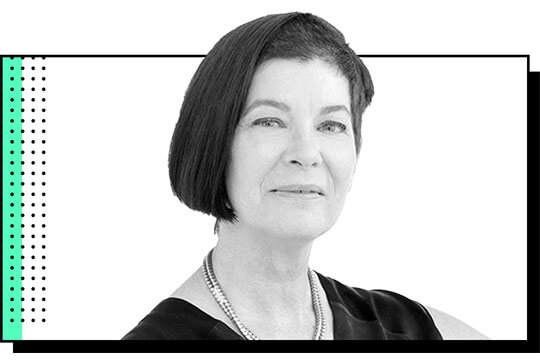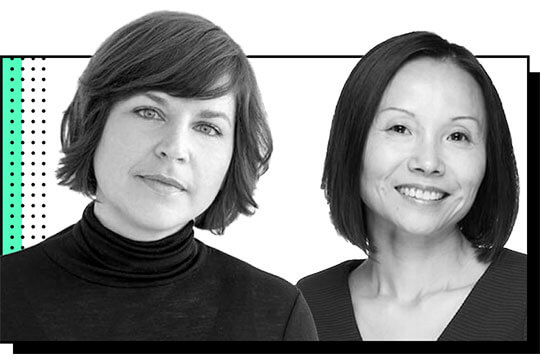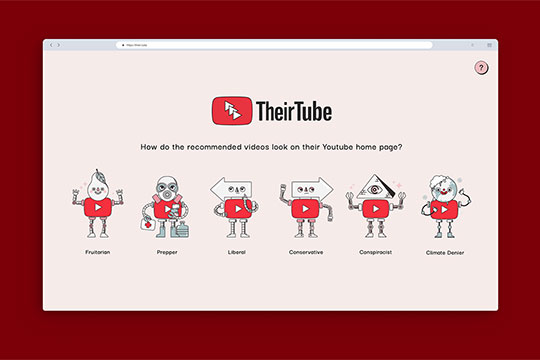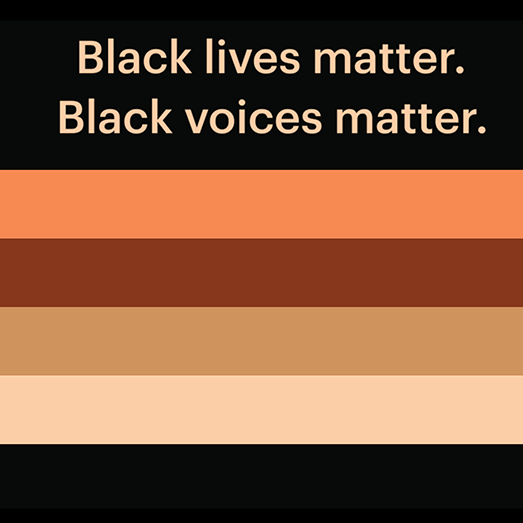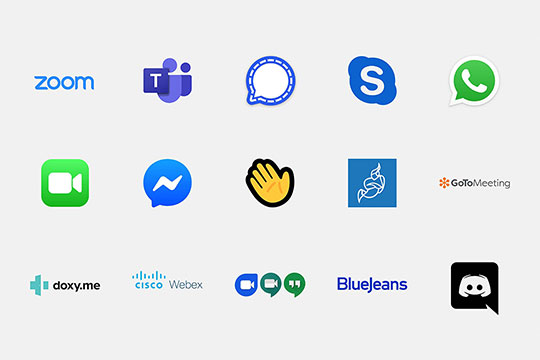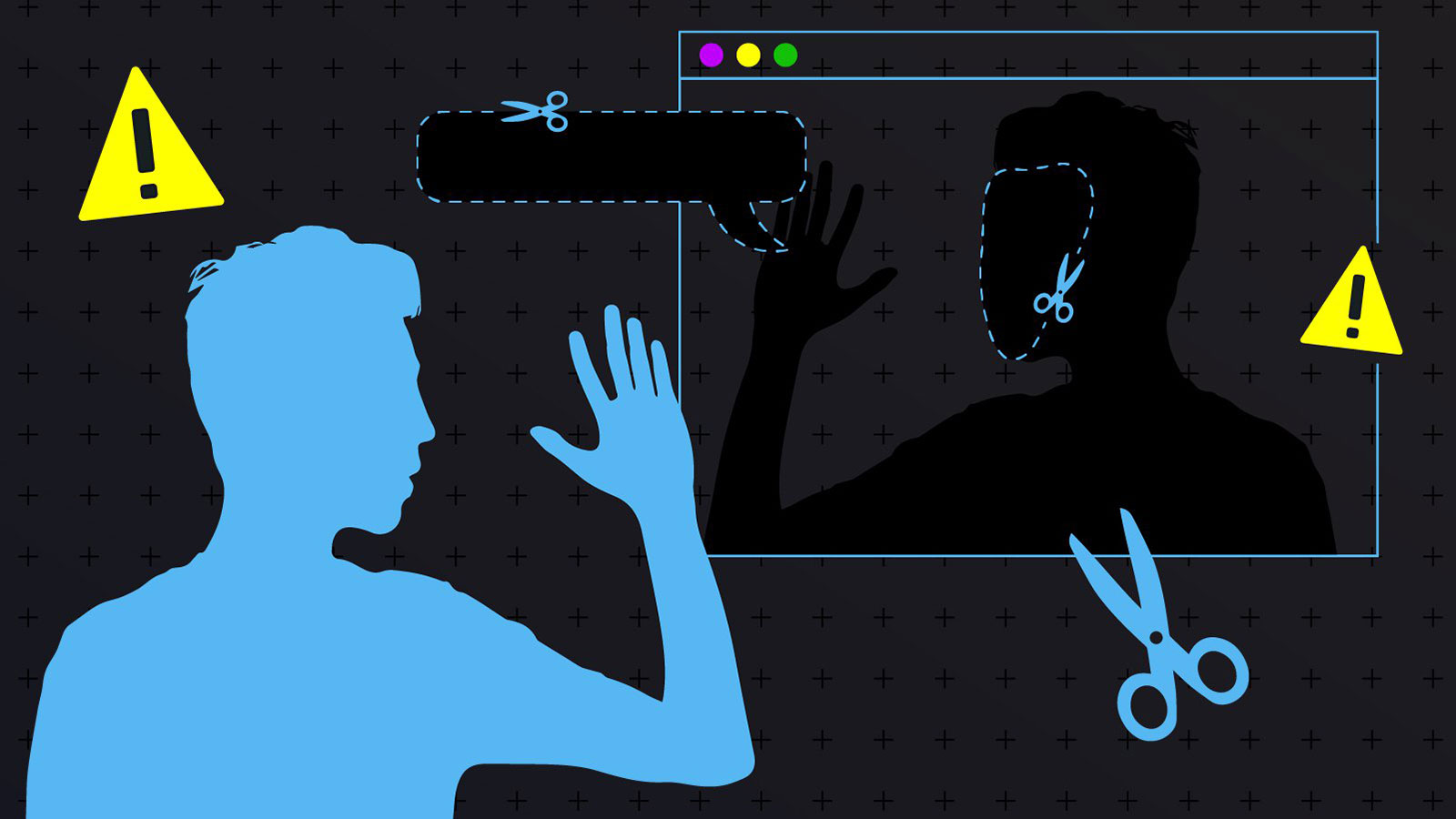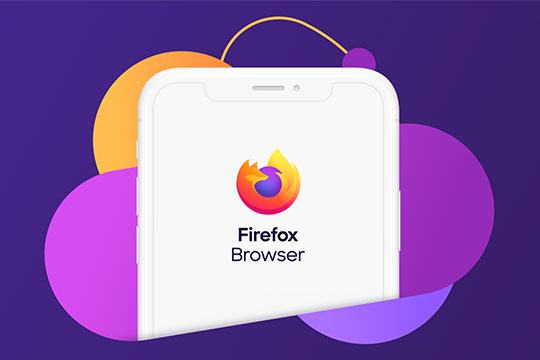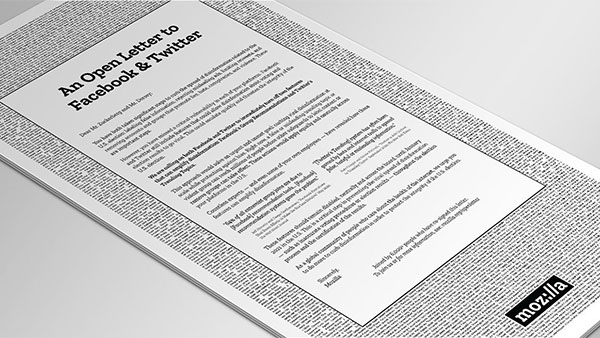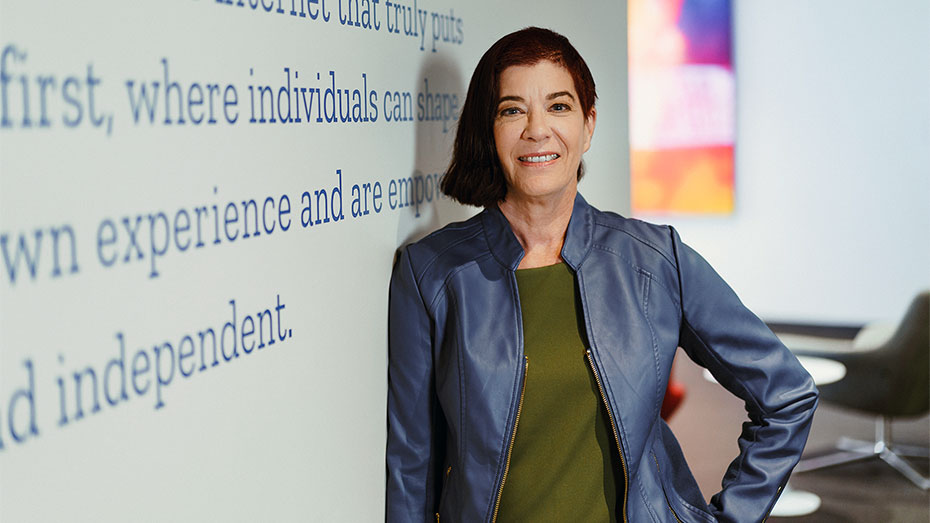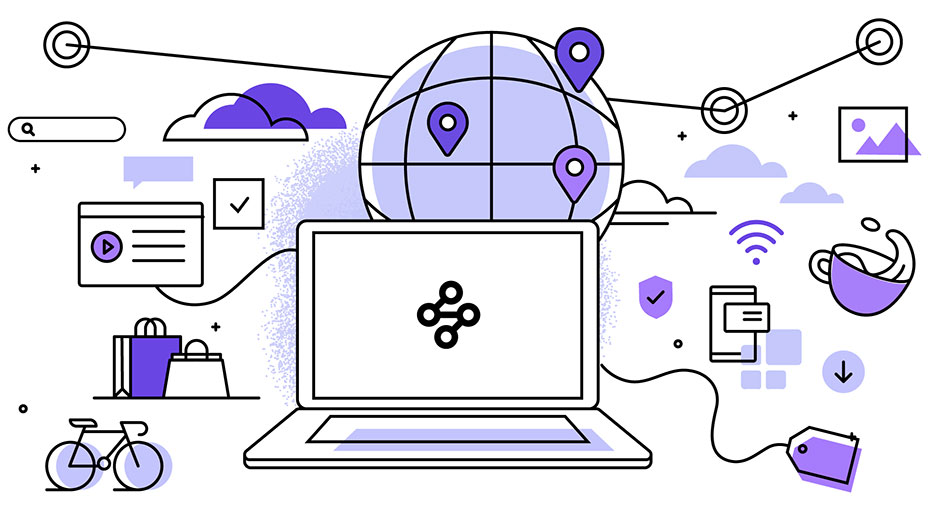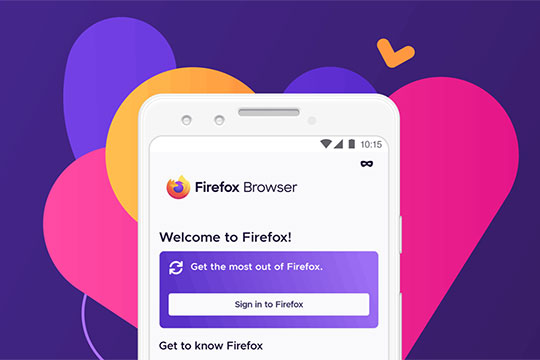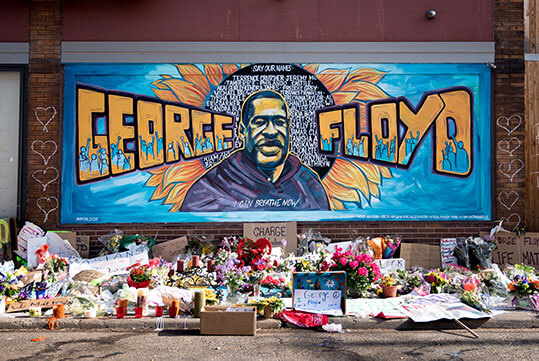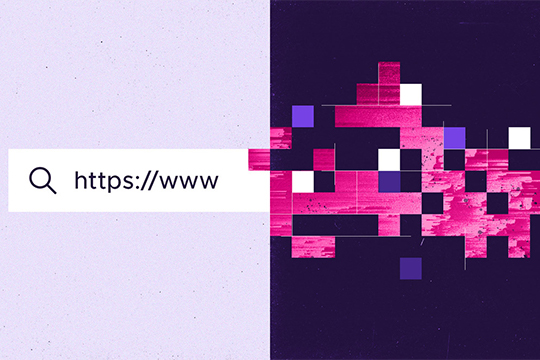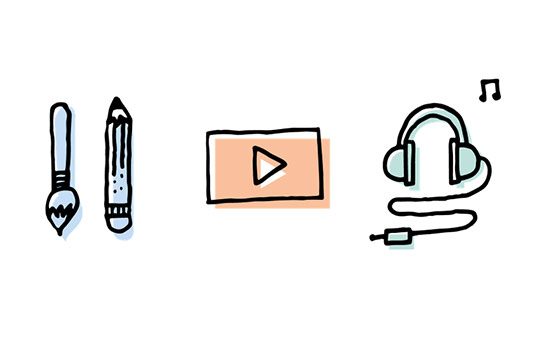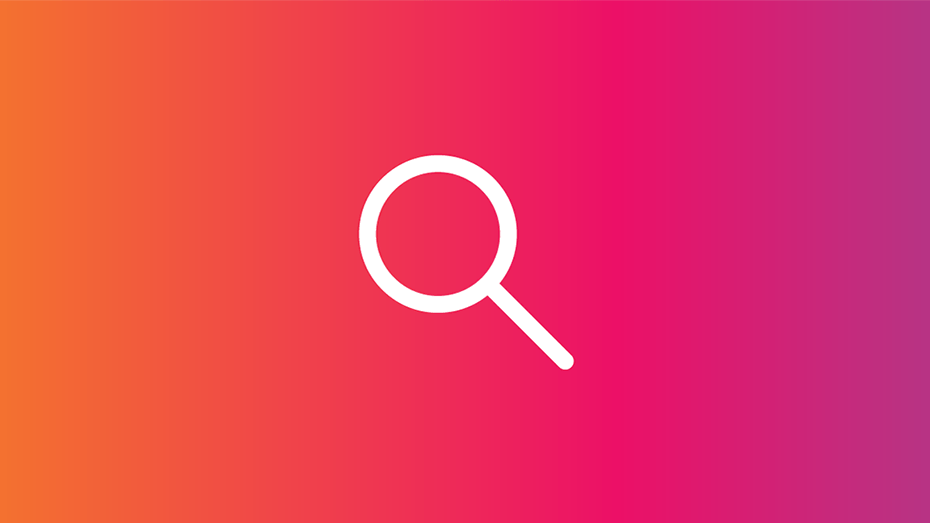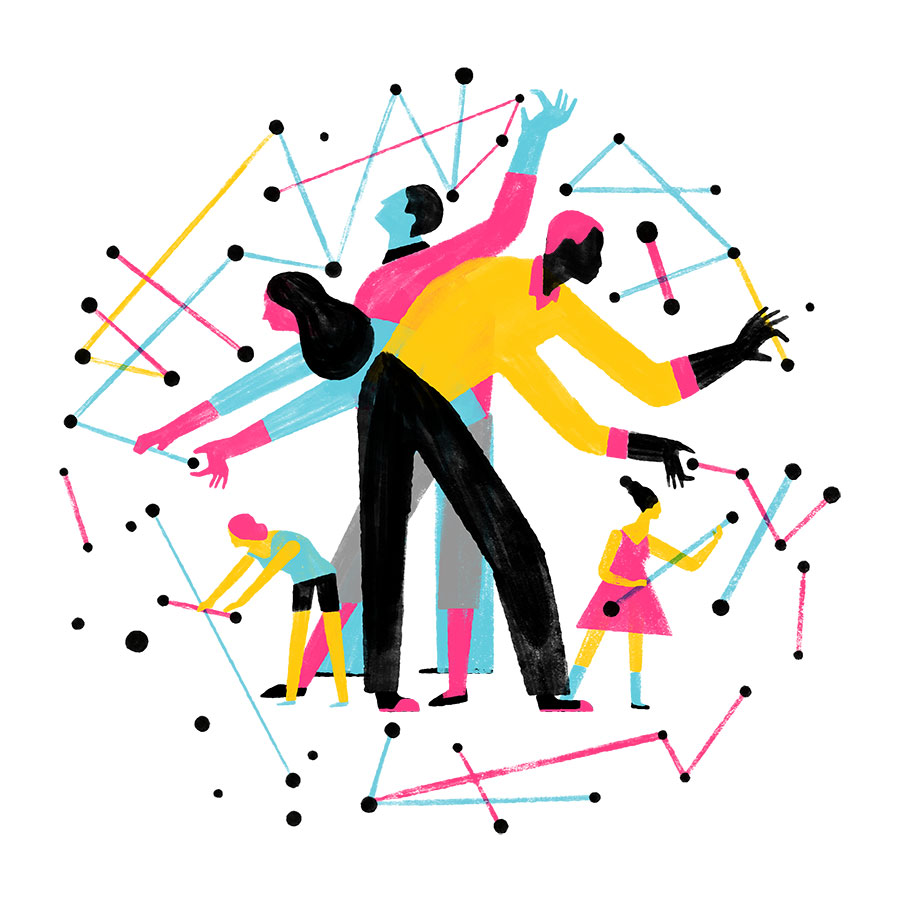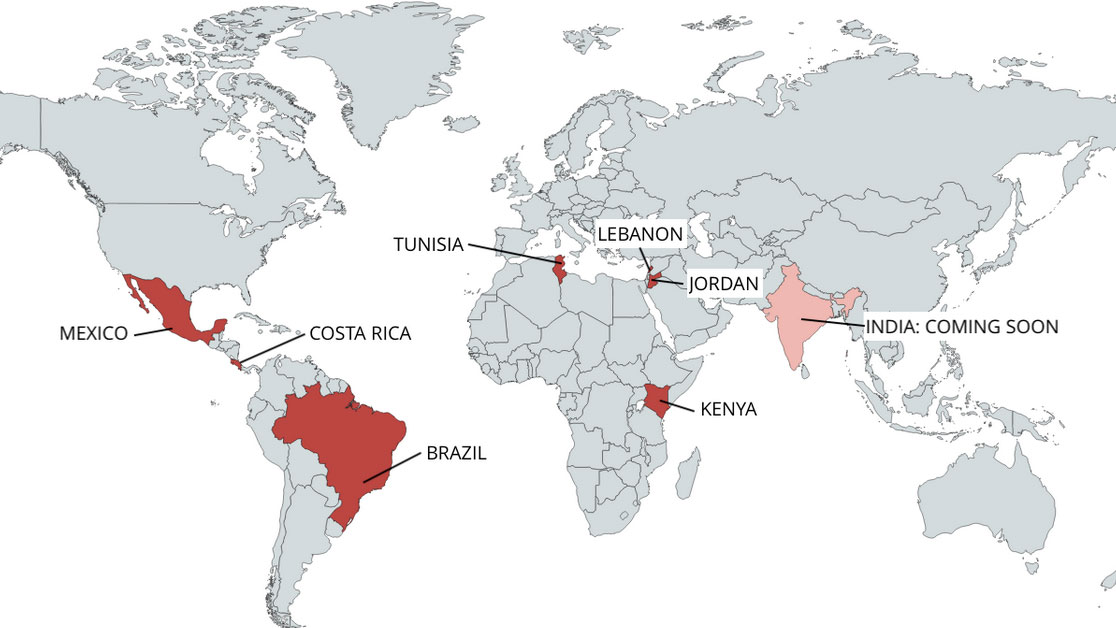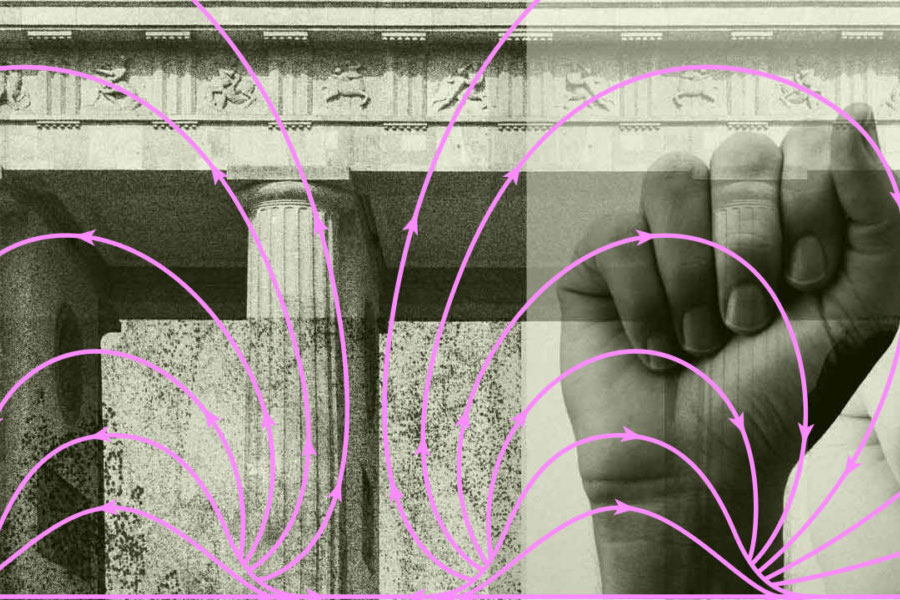Our impact
Mozilla exists to ensure the internet is open and accessible to all.
We’ve always taken our commitment to this mission seriously, but it took
on greater meaning in 2020 — a year which showed us in technicolor why
the internet is such an essential resource.
Every year in the spirit of openness upon which Mozilla was founded,
we share publicly the ways we have protected, fought for and helped
advance the internet in service of the people who rely on it every
day. We outline how our organization is meeting the challenges of
online life through an annual report: the State of Mozilla.
This year we’ve changed the format of our report to focus on how we
are using our organization’s strength and resources on two fronts:
Fighting for People and Building for the Future. This report
highlights the impact of our work in 2020 and is accompanied by our
most recently filed financials which cover 2019.
As the State of Mozilla outlines, Mozilla works to make the promise
of a better internet a reality. We can’t and we don’t do it alone.
There are myriad ways anyone can join this effort through actions
big and small, starting with getting better educated on what’s at
stake; pushing companies to operate more transparently and in the
interest of communities and people, not just profits; testing new
products; and choosing technology made by companies who share your
vision for a healthier internet. We invite anyone interested in
contributing to building a better internet to
download Firefox, to
volunteer with
us or to make a donation
that will support the work of internet health leaders around the
world.
A word from our leadership
Mitchell Baker
Chief Executive Officer, Chairwoman of Mozilla Foundation
2020 has been an unprecedented year. The global pandemic has made it clear how central the internet has become to all aspects of life. Work, school, connection, family, holidays, elections, protest — everything — has been mediated through the internet. And those without connection are left further behind.
This vastly increased reliance on the internet reinforces Mozilla’s view that we need a better internet, and that we need technologists involved in creating a better internet. This requires new products and technologies built in greater alignment with the values that Mozilla represents. In 2020 we restructured Mozilla Corporation to align our organizational resources and financial investments with this focus on innovation.
For Mozilla this means growing the impact of Firefox, while also finding new terrain, and doing this exploration in concert with other technologists and builders who share our commitment to an online future that is more open and humane. So in 2020 we made some hard, but deliberate choices to end our investment in some areas in order to support growth for the future in others. The redirection and investments we made in 2020 will continue to provide the guidance and emphasis for Mozilla’s work going into 2021. The results of our efforts this year were threefold:
1. A renewed focus on expanding the impact of our core Firefox browser.
With more people tethered to the internet as a lifeline this unique year has shown that web browsers and the infrastructure that support them are more important than ever. It’s vital that a trusted and independent organization like Mozilla is able to continue its focus on creating a reliable and privacy-respecting browser like Firefox that empowers people to access the internet securely. To that end in 2020 Mozilla continued to lead in the adoption of web standards and protocols that enhance internet security with the expansion of our trusted resolver program to include Comcast in the rollout of DNS over HTTPS in Firefox for users in the United States. As the last independent browser, we continued our long-standing push for diversity in how the web is expressed with the launch of a new Firefox Android browser powered by our Gecko engine.
2. Optimizing Mozilla for new product development and expanded investment in existing products beyond Firefox.
With more people around the world working and learning from home than ever before, people were in search of new ways to bring the online security solutions long associated with the workplace to their private networks. In 2020 we launched a paid VPN service to meet this need. Our mixed reality exploration, Hubs, became a testing ground for people looking for alternatives to Zoom and other video conferencing platforms for online collaboration in lieu of face-to-face meetings. This year Hubs was used by a diverse array of individuals and organizations trying to capture the 3-D quality of previously in-person only experiences from Halloween gatherings to album launch parties to board meetings and museum tours. We also made significant advances with Pocket — creating new functional capabilities for sharing content, and growing Pocket’s user base and publishing partnerships to access more of the rich and worthwhile content available online. With its people-powered approach to content curation, through Pocket, Mozilla made headway this year in our continued exploration of ways to help people discover worthwhile, relevant content in a more ethical and privacy-respecting manner. In doing so we also sought to protect people from the misinformation and data collection that are intertwined with the algorithms that recommend content on social networks.
3. Engaging with people outside of Mozilla.
New products have power to change internet experiences. Is there a hunger among entrepreneurs, technologists, designers, activists, dreamers to build products intentionally aimed at something different than today’s internet? In 2020 we launched a pilot initiative called Mozilla Builders to explore this topic. The signal from this pilot is positive and encouraging. The experiment drew 1,500 participants. Mozilla provided mentorship and financial support. The result is over one hundred projects that are now underway at varying stages of development from early exploration to initial start-up.
Our purpose, power and impact as an organization are enhanced because of Mozilla’s unique mix of operating in the marketplace by offering consumer products and services while also driving internet policy, and advocating for tech ecosystem change. As Mozilla Foundation Executive Director Mark Surman makes clear in greater detail in 2020 we worked on all these fronts. We engaged our peers in the tech sector and regulators in the European Union, United Kingdom, the United States, Kenya, Australia and India in key discussions about internet policy that will shape online life for decades to come,and we deepened our commitments to racial justice through our products and operations.
We do not have all the answers for improving the internet, or for competing with the tech giants as we do so. Mozilla takes on these challenges because they are important, not because they are easy. We have made progress this year, and I’m very proud we’ve managed to do so in the middle of such a challenging year. There is far more work to be done. Mozilla’s product development work must go faster. Mozilla’s connections to the nascent community of builders who want to create new products for a better internet must expand. Mozilla’s connection to consumers, citizens and activists who live online must deepen dramatically. The pervasiveness of the internet in 2020 has shown how important it is to improve internet life. It’s shown that Mozilla can bring a laser focus to products. It’s shown the possibility of a rich and varied community of people building a better internet.
This year’s State of Mozilla outlines how we’ve fought on behalf of people and the web, while making the smart and sometimes hard choices needed to ensure we can also build for whatever online life will hold tomorrow. It’s clear that now more than ever Mozilla’s independent voice is needed.
A word from our leadership
Mark Surman
President and Executive Director
In 2020, more and more people realized that the internet isn’t just about technology. It’s also about society. It’s about what kind of world we want to live in.
All year long we asked ourselves and each other: How quickly can we move our work and schools online? Who has Wi-Fi at home, and who doesn’t? How much of the news we see online is real, and how much is misinformation? Are the people delivering my takeout and my groceries safe? Are the big tech platforms helping, or hurting our democracy?
As questions like these occupied headlines and dinner table conversations, it became even more clear that we need to double down on both the technical and social sides of Mozilla's mission, which is to keep the internet open and accessible to all.
As Mitchell Baker outlined, the Mozilla Corporation made a number of deliberate choices in 2020 to shore up Mozilla’s ability to advance this mission by putting new and better products into market. This included strengthening Firefox as the only remaining independent browser, and working with internal teams and a broader network of ‘builders’ to create new ways to safely collaborate, chat, build and share content online.
As a complement to this work, the Mozilla Foundation continued to fuel the movement of people committed to building a healthier digital world. As with the early days of open source, a growing number of technologists, researchers, policymakers, lawyers and activists are seeking ways to make the internet better for all of us. These people have long seen how the social and technical aspects of the internet are tied together. Mozilla counts itself among them, and is committed to helping the movement they represent grow and succeed.
Amid the pandemic, calls for racial justice and difficult elections in many parts of the world, Mozilla’s movement building work — and our public voice on internet health issues — felt more urgent than ever. Three particular areas to call out:
1. Promoting ‘trustworthy AI’ in the technologies we all use everyday.
Whether it is the content in your social media feed or an application for a new bank loan, data and AI are increasingly making key decisions about our lives. In 2020, Mozilla released a roadmap for making AI more trustworthy, a goal just as important as our original efforts to create a free and open web 20 years ago. A growing percentage of our research, grantmaking and advocacy work is focused on this goal, including funding and fellowships for people who are: adding ethics into undergraduate computer science curriculum; putting up bounties to root out bias in AI; and inventing new ways to put people in charge of their data and online destiny.
2. Informing — and rallying — citizens around making technology better.
At a time where tech has so great an impact on our lives, staying informed and pushing tech companies to do better is critical. As the pandemic spread in April, Mozilla put out a special edition of its *Privacy Not Included guide to review the safety and security of leading video conferencing apps. It also worked with organizations and the public to successfully pressure Zoom to include full encryption in the free version of its product. And, during racial justice protests and elections around the world, Mozilla pushed social platforms to more effectively tackle misinformation, offering regular Monday misinfo updates and urging Facebook and Twitter to turn off features that spread viral misinformation. We also worked with over 25,000 citizens around the world to collect misinformation on YouTube, which will feed into a study that will be released in early 2021.
3. Investing in people and organizations building a healthy internet.
The only way we can create a healthier digital world is to do it together. For that reason, Mozilla invests approximately $10M each year in grants and fellowships for people working on internet health issues. In 2020, this included: putting out a Creative Media Awards call to support Black artists working on topics related to AI; creating the new Tech and Society Fellowship with the Ford Foundation to place skilled technologists in leading civil society organizations in the global south; and working with several other funders to launch the European AI Fund, a €4.6M effort to develop AI expertise in civil society organizations.
All of this work — both by Mozilla teams and by our collaborators around the world — puts us on a strong footing as we move into 2021, which will no doubt be another challenging year. We already have plans in motion to put a stronger emphasis on AI transparency and bias. And we are working on a new initiative with other foundations to dramatically accelerate the development of data trusts, data co-ops and similar initiatives. We need alternatives to the current approach of ceding control of data to a few big tech platforms. We will also increase our focus on tech policy in 2021, working both with other mid-size tech companies and with philanthropy to ensure that the growing trend of tech regulation heads in a good direction.
A number of years ago, we realized Mozilla is most powerful when it tries to shape the market through its products — and when it helps to grow the movement for a better digital world. Whether you are an individual citizen, a small tech company, a non-profit or a government agency — if you see yourself as part of this movement, we want to get to know you and work with you in the years ahead. Volunteer to be part of Mozilla, donate to support the work of internet health leaders around the world or simply use Firefox.
A word from our leadership
Angela Plohman
Executive Vice President
Roxi Wen
Chief Financial Officer
In a technology industry beholden to profit at all costs, Mozilla stands apart.
Money isn’t our end goal, but rather a means to an end — a healthy internet, open and accessible to all.
Mozilla also stands apart for its novel governance structure. Founded as a community open-source project in 1998, Mozilla consists of two primary organizations: the Mozilla Corporation, a social enterprise, and its parent the Mozilla Foundation, a non-profit 501(c)3. The two organizations pool their separate strengths — building exceptional consumer technology and fueling a global movement, respectively — to pursue a singular mission.
This report provides a window into how these two organizations operate. The Mozilla Corporation earns revenue in the consumer technology marketplace — and then invests it back into products and ideas that further shape the marketplace for the public good. The Foundation earns revenue from both the Corporation and donations and grants — and then invests it in research, advocacy, people, and projects that complement our consumer technology work. This hybrid model allows the two organizations to operate as something greater than the sum of their parts.
This report also accompanies the audited 2019 financials for both organizations, which provides further insight into Mozilla operations. Note: Each organization is governed by a separate board of directors.
The Mozilla Corporation’s domain is the marketplace.
As outlined in our manifesto, we believe commercial involvement in the development of the internet brings many benefits. To that end, we build products, explore new technologies, and shape a tech environment to give people more choice and control in their online lives. Our flagship product, Firefox, is used by hundreds of millions of people around the world and provides an alternative to other data-hungry browsers in the market. Our other products also provide millions of internet users with choice and control: Pocket offers a simple, trustworthy way to access worthwhile content from across the internet and Mozilla VPN provides affordable, private and easily accessible security on any device. And through our early exploration and engagement other creators and technologists who share our vision for a better internet as part of the Mozilla Builders experiment, we have been able to see where there are opportunities to invest in and amplify the work of new businesses, products and services that will contribute to a better internet in the future.
Today, the majority of Mozilla Corporation revenue is generated from global browser search partnerships, including the deal renegotiated with Google in 2017 following Mozilla’s termination of its search agreement with Yahoo/Oath (which was the subject of litigation the parties resolved in a confidential settlement in 2019.) In 2020 Mozilla renewed its deal with Google and continues to generate revenue from other search partnerships with partners in the US and around the world. In CY 2019, Mozilla Corporation generated $465M from royalties, subscriptions and advertising revenue, excluding one-time litigation settlement revenue. Mozilla’s cash and investment portfolio at the end of 2019 was $785M). Our strong financial position enabled us to expand our focus on innovation in 2020 including the launch of Mozilla Builders initiative and the VPN service mentioned earlier, while continuing investment in Firefox and Pocket, which was acquired in 2017. In 2020, the Corporation was reorganized to put in place the organizational and cost structure to support these efforts. The new organization is over 775 employees strong worldwide.
As a social enterprise, Mozilla Corporation’s revenue is largely reinvested in the organization, allowing us to improve our existing products and innovate new ones. A portion of the Corporation’s annual revenue flows to its parent organization, the Mozilla Foundation (see below for details).
The Mozilla Foundation’s domain is growing the movement of technologists, researchers, activists, and artists who share our goals and ideals.
The Foundation identifies threats to and opportunities for a healthy internet, and then works to make these issues mainstream. In 2019, we published our annual Internet Health Report, using original reporting and data visualization to unpack issues like the harms of digital advertising and the bias embedded in algorithms. We also began examining the ways AI in consumer technology is intersecting with society. Last year, Mozilla spent $926,393 to support this agenda-setting work.
The Foundation also uses grassroots organizing and public education campaigns to mobilize tens of millions of internet users. In 2019, Mozilla’s advocacy work urged Facebook, Amazon, Apple, and other big tech companies to address issues like online privacy and the spread of disinformation. Last year, Mozilla spent $4,853,516 to support this advocacy work.
And the Foundation provides support to people and projects on the front lines of the internet health movement. We do so through fellowships and awards for technologists and researchers addressing issues like online privacy and digital inclusion. In 2019, Mozilla also held its 10th-annual Mozilla Festival, a week-long convening for the internet health movement. Last year, Mozilla spent $10,387,096 to support this leadership development work.
The Foundation’s revenue comes partially from the Mozilla Corporation. For 2019, the Mozilla Foundation received $15,858,258 per a trademark license agreement with Mozilla Corporation, allowing us to reinvest earnings from our products into advocacy and grant making that grow the internet health movement.
Individual donations and grants to Mozilla Foundation complement this revenue from our social enterprise work. In 2019, the Foundation raised $11.7M through these avenues. We view these contributions not as donations to Mozilla, but rather as a way to match Mozilla’s own investment in the broader movement for internet health. The majority of these resources are used to fund Fellows and other organizations within the movement.
Although two organizations exist beneath the Mozilla banner, they operate in tandem and with a shared mission.
By combining our expertise both in the market and as a nonprofit, we are strongly positioned to protect the internet as a global public resource, open and accessible to all.

